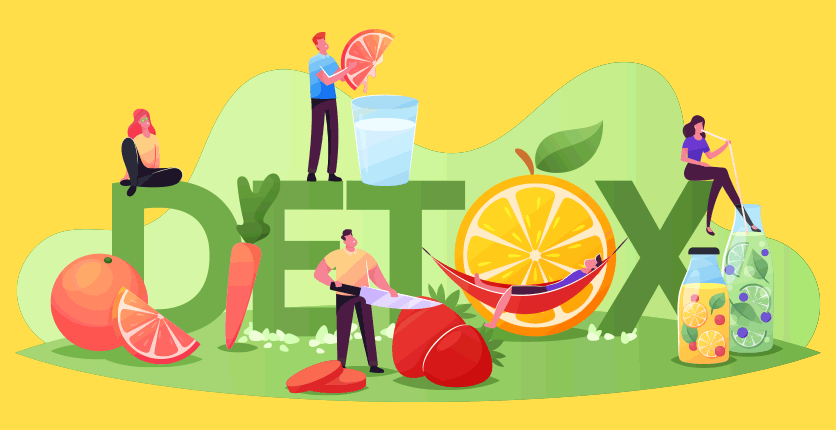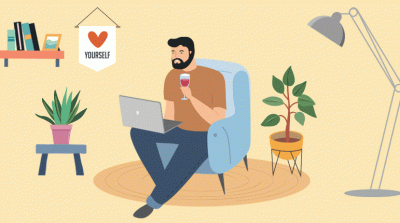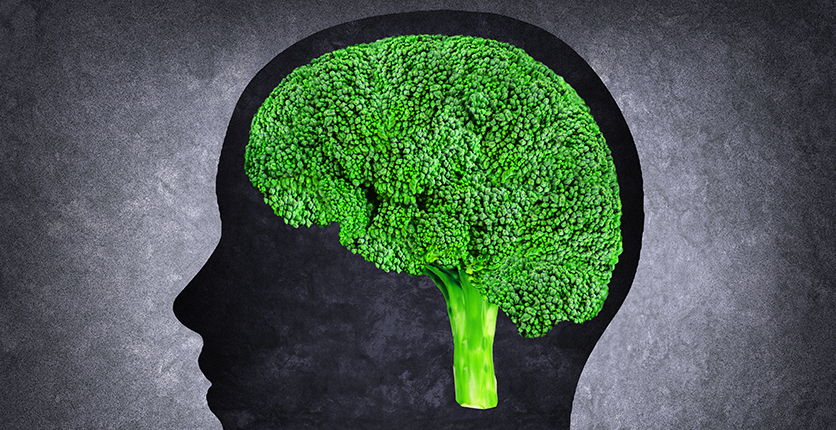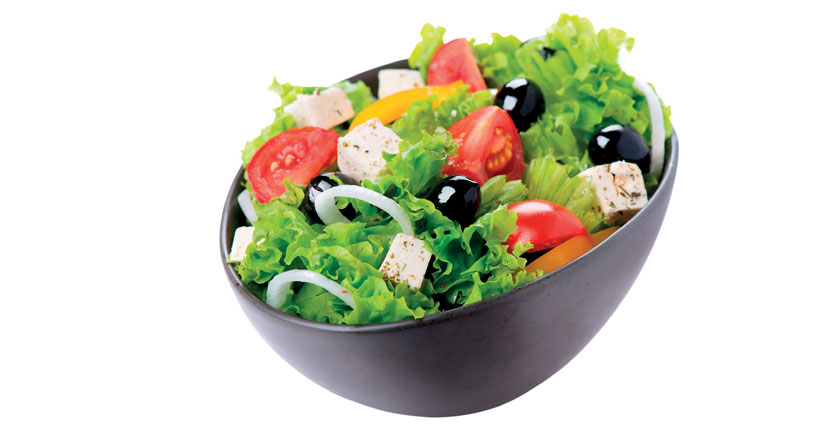With Chinese New Year and its indulgences coming up, you may be thinking of embarking on a detox programme first. Water fasts, juice cleanses and lemon-water detox diets seem to be all the rage, but nutritionist Sangamithra GV says that they can do your body more harm than good.
Q: What does it mean to detox your system?
Sangamithra: “Detox” has become a buzzword and it typically means using special diets or products that claim to remove toxins from your body. Detoxes are believed to improve health and promote weight loss.
Q: There are many detox diets, fasts and cleansing programmes around. Does my body really need help to detoxify itself?
Sangamithra: Fortunately, our bodies are perfectly capable and equipped to eliminate toxic substances without the help of expensive juice cleanses and supplements. That said, you can certainly enhance the function of your body’s natural detoxification system, of which the liver and kidneys play a pivotal role.
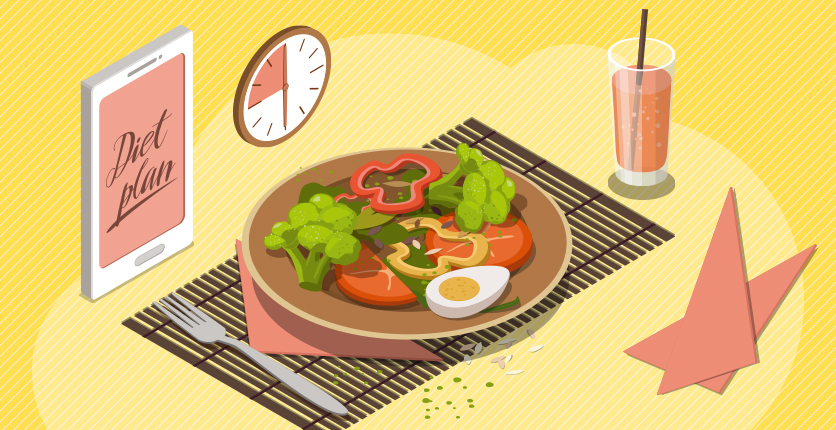
Q: Can a detox programme help me lose weight or restore my health?
Sangamithra: With weight loss as your only goal, a typical detox diet might help you drop a few kilos, but the effect is often short-lived and you’re bound to gain them all back as quickly as you lost them. There is no scientific evidence for a detox diet “restoring” your health. The only type of eating programme that is worthwhile is one that limits processed, high-fat and sugary foods, and replaces them with more whole foods like fruits and vegetables. This clean-eating approach is your body’s best bet to stay in the pink of health.
Q: Is detoxing safe in the long term?
Sangamithra: It is unnecessary to do a detox for a prolonged period. Your body has a more sophisticated system to eliminate toxins from your skin, lungs, digestive system, liver and kidneys.
Q: What are some of the dangers associated with long-term fasts or cleanses?
Sangamithra: You shouldn’t do a long-term detox regimen as it could put you at risk for malnutrition, muscle breakdown, blood sugar imbalances, frequent watery bowel movements, vitamin and mineral deficiencies, and, in extreme cases, severe dehydration, brain fog, dizziness and acid reflux. Depriving the body of the vitamins and minerals we get from food can actually weaken its ability to fight infections and inflammation.
Q: Can a weeklong fast or cleanse make up for many months or years of a poor diet and other bad lifestyle habits?
Sangamithra: These should never be a substitute for poor diet and lifestyle choices. A short-term remedy is not going to fix years of wrongdoing. Insufficient sleep, eating out frequently, and excess fat, sugar and sodium consumption through ultra processed foods all wreak havoc within our bodies. The damage is sometimes irreversible, and not something that a fast or cleanse can fix.

Q: Quite a few detox programs have fresh juices or raw fruit and veg as their central theme. But is it healthy to be guzzling large amounts of juice all day long, especially fruit juice?
Sangamithra: Fruit juice has had most of the fibre removed. That is why, unlike whole fruit, the fructose in fruit juices counts as “free sugars” (which also include honey and the sugars added to foods). The World Health Organization recommends that adults consume no more than 30g of added sugar, the equivalent of 150ml of fruit juice, per day.
Fruits are concentrated sources of natural sugars, and without the fibre component, they can cause your blood sugar to spike faster than when you consume the whole fruit.
Q: What is the ideal diet to keep my body in balance, maintain my health and energy, and help me manage my weight, that doesn’t involve fasting, skipping meals, or drinking large amounts of juice?
Sangamithra: The ideal diet differs from person to person. To maintain health and energy, eat smaller meals more frequently throughout the day if it suits your lifestyle. Increase your intake of fresh fruit and vegetables because they contain antioxidants that can fight free-radical damage. Minimise your consumption of heavily processed foods. Take a multivitamin to correct any nutritional deficiencies, and finally, remember that shortcuts never work when it comes to taking care of your nutrition and overall health. Do the necessary work and get professional help if you are struggling or feeling overwhelmed by food choices.
Note: Please consult your physician before starting on any detoxification programme.
How do you detox? Share your tips with us at magnsman@sph.com.sg
